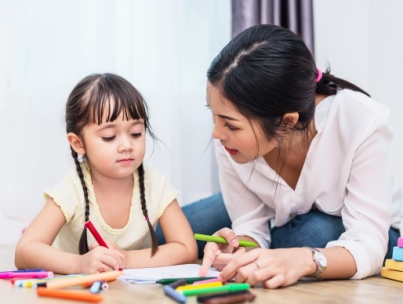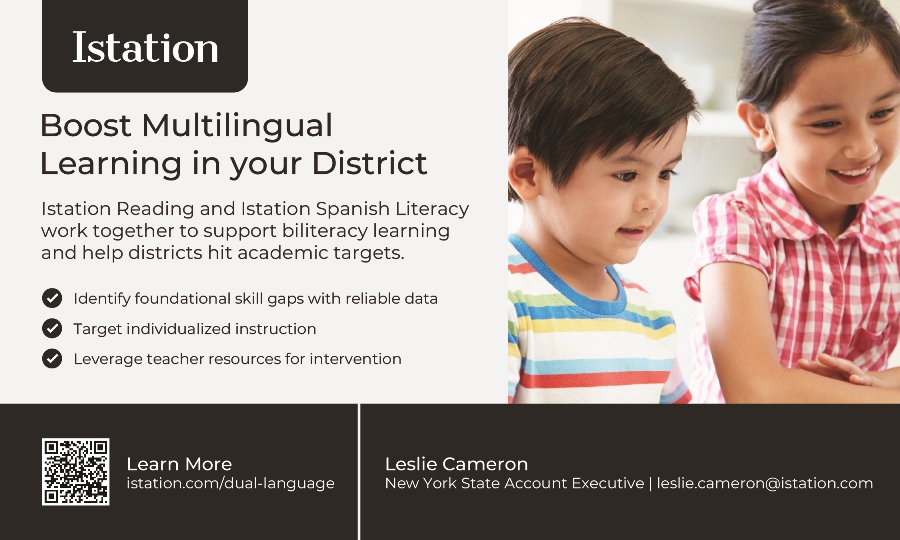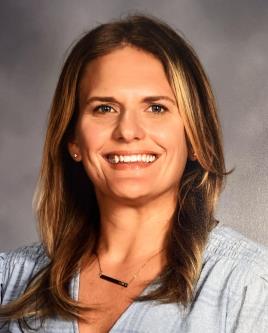What Is Transitional Kindergarten and What Does It Mean for Multilingual Children?
By Karen Nemeth
 In writing for Judie Haynes’ TESOL blog, Karen Nemeth explains what transitional kindergarten is, how it can help MLs, and how all parties can work together for the benefit of the learners
In writing for Judie Haynes’ TESOL blog, Karen Nemeth explains what transitional kindergarten is, how it can help MLs, and how all parties can work together for the benefit of the learners
A few states have transitional kindergarten programs. The curriculum, which is more advanced than preschool, prepares children for kindergarten by supporting “early language and literacy, math skills, social-emotional learning, fine and gross motor skills, and a general orientation to the kinds of structure and behaviors that children will encounter in kindergarten”. Nemeth notes that while these programs can help children learn English, children also need support for their home languages.
In many of these programs, the ESL teachers guide the classroom teachers with methodology to support MLs learning. Since family involvement is vital for transitional kindergarten to be successful, the author suggests that other school staff assist in outreach to families.
Nemeth lists reasons why children might be enrolled in transitional kindergarten. For MLs, it might be that “Some children may be recent immigrants, coming from a culture with different early learning and adult-child interaction styles, or they may have experienced trauma and challenging life changes that make it hard for them to behave as expected in the American kindergarten tradition. Children may enter transitional kindergarten with no English or a combination of two or more languages.” If the curriculum is strong, and the teachers and staff are well-equipped, “all of these children can thrive.”


 Airhart describes a study conducted by Maria Arrendondo, an assistant professor at the University of Texas, to determine if bilingual children are better at learning than monolingual children.
Airhart describes a study conducted by Maria Arrendondo, an assistant professor at the University of Texas, to determine if bilingual children are better at learning than monolingual children.
